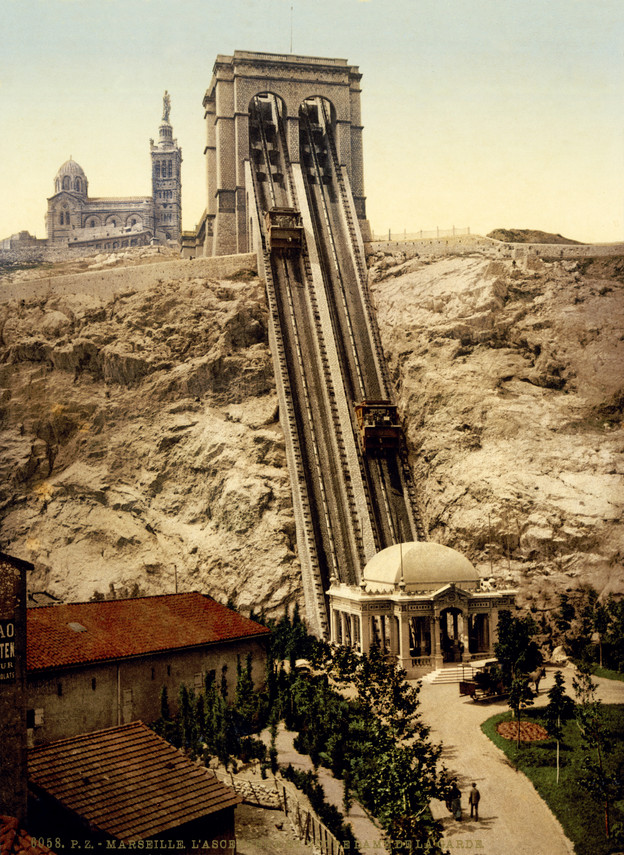Goodbye to 'Miss Otis Regrets' and all that
Scappettone's view of the rooms

Jennifer Scappettone, from Dame Quickly (Litmus Press, 2009), 101 pp., 15.00 —Superficially, Scappettone’s first book of poetry and art resembles Stephanie Young’s Picture Palace enough—texts abutted by images near the end of each book—that I once had them paired for a course that, unfortunately, never materialized. I wanted to explore and exploit the formal, and thus significant, differences between them. Whereas Young’s book has a self-consciously “Valley girl”-speak feel to it, its references largely, though not exclusively, pop culture (including film stills of indie-queen actress Parker Posey), Scappettone’s book, starting from the (Karl) Marx reference in its title to the Acker-esque flourish of its last line (“Idunno ma but every port I open (50693) stinks like the oikosed, costly.”), is inundated with the history of Western philosophy (Aristotle to Deleuze, and beyond), political economy and canonical literature. Scappetone’s attitude toward, and strategic reworking of, this monolithic hegemony resembles Judith Goldman’s in her recent, and underappreciated deconstruction of Western history, l.b.; or the catenaries. The repetition of key terms—king, cataract, implicit, beauty, etc.—gives these sprawling, seemingly unrelated texts formal and thematic coherence. Divided into four major sections—In Acres, Publicities2, Illocatable Hours and Abluvion—this book deploys grammatical and agrammatical sentences and phrases to carve out a non-site from which a “dame” may speak, may write, may be. But, as Shakespeare and Marx make clear in their respective texts, Falstaff and Das Kapital, however unwittingly (and thus wit, for Scappettone, is another device for excavating subconscious assumptions), a “dame” is a pre-Mrs, and the resistance to this logic of the oikos (also explored in Picture Palace) is interminable. Every woman, domesticated or not, is a “dame” everywhere. This engendering of biological differences crosses cultural, political and economic lines (as the recent call for sobriety at poetry reading sand political events demonstrates). For Scappettone, every turn in history, whether progressive (the political revolutions of the early 20th century) or reactionary (the rise of the fasces against the “king”), is another layer of sediment over the “problem” of women. Every consolidation under any “Consensus Series” (“of unison how rank ever/over apparently—girl/accompli—widow of the/shadow of the next was/in a minimalist present…” is perforce another mode of “The Carapace.” Filtering up from under “there,” language is “heard” only in bits and pieces, in shreds of phrases or single words: “Past she has Attempted To answer Fails light as Toward.” Because each turn of history is a deepening of the sediment, each “New War” renders Dame Quickly (and rapidity is a necessary feature of wit, as though one has to speak quickly before one is, again, muffled) literally implicit, folded into, under: “Epithets—given down? I am a most implicit maze.” The word “maze” is another residue of, and echolocation for, what Scappettone calls “The Antigonal Complex.” Inflected with citations from Hegel and Sophocles, this particular poem is written in a deceptively straightforward narrative in which the question of gender is buried beneath the first person plural that, by the end, echoes the Talking Heads: “”When we reached the EU the first person plural was different as ever is.” The burial of differences is refracted through the promissory note (a kind of violation of an idealized future) of the opening sentences: “Freshly gashed with the suppleness of persons we left Buda and Pest for Gorj; I entered Romania with a European passport in the surname of my father’s father and exited American under the standard mistranscribed moniker…” In this context, from the Romanian point of view, the First World War was “the War of Reunification,” signaled thirteen pages later in the poem “Beauty.” Here Buda and Pest are now Budapest and we have returned to our origins: ”Noah’s window in the sponsored portico a many-quartered relief,/striation reproducing rain’s medieval having/couples parallel as/plans (fields empty) (for supper) of loving correspondence—as silver dove//is—exotic—an excuse—or just our being//now yet/as/after/again.” I could go on to discuss the many other affiliations Scappettone draws between modernity, progress and the unaffected status of women (sops—like the vote—notwithstanding) but these too few examples will have to do. from Dame Quickly is remarkable in its breadth and striking in its intensely felt intelligence.
Hunches, hedges, etc.